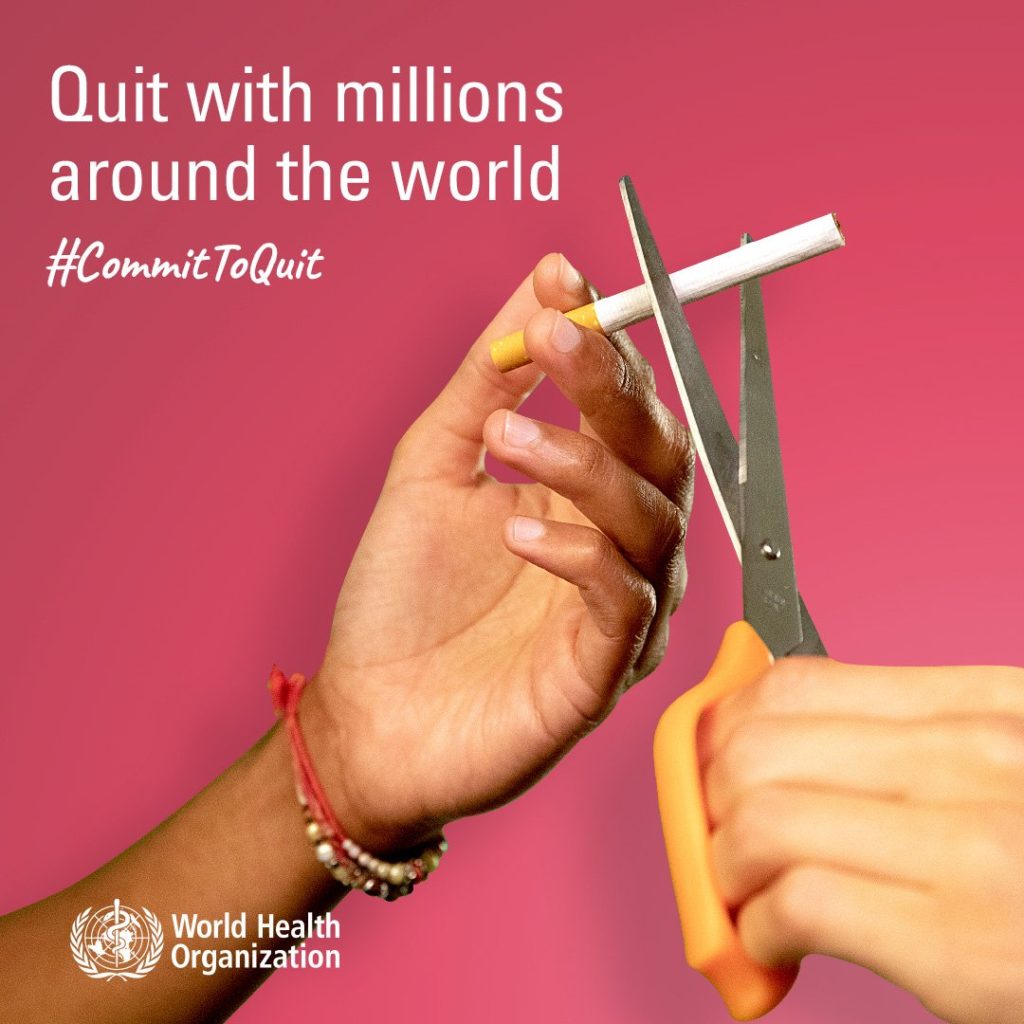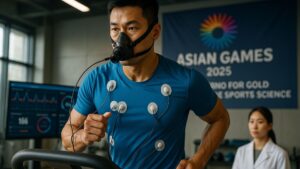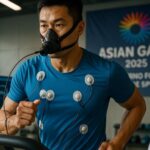Today is World No-Tobacco Day.
Introduction
Today, in the 21st century, people are becoming more and more aware of the harmful effects of tobacco. In spite of that, it is a sad fact that tobacco causes 8 million deaths every year. Also, in the current scenario of Covid-19 pandemic, it is now known that smokers are more likely to develop severe disease with Covid-19. According to the WHO, out of the 1.3 billion tobacco users globally, 60% have expressed desire to quit, but only 30% have access to the tools to help them do so successfully. Dentists can definitely serve to help these people. However, this article is not about tobacco oral health of general population. We are going to discuss a topic which has not been much known or discussed before – tobacco use by athletes and how can they be helped with Sports Dentistry.
Athletes and Tobacco Use
Athletes work very hard with dedication and perseverance to make a name for themselves in their respective field of sports. It is physically and mentally demanding and the path can be full of obstacles. There is a lot of pressure on the athlete, pressure to perform well and peer pressure regarding certain habits and ways of doing things. Plus some of the athletes are in limelight and have a social image. All this can tempt the athlete to consume various substances including different forms of tobacco like smoking cigarette, cigar, vaping (the latest trend) or chewing tobacco (spit tobacco), snuff, unprocessed tobacco leaves, etc. Athletes represent health and fitness, so it seems contradictory that they smoke or use tobacco. But it is true that athletes do smoke or use tobacco in chewable forms. The implications of this for their own health and performance in sports as well as for the well-being of their fans are very serious. Athletes are role models and hence can set a bad example for the youth by adhering to this habit.
General Effects of Tobacco on Athletes
Smoking or spit tobacco is bad for anyone but for professional athletes, it can have many immediate and long term consequences. It reduces their endurance, it impacts their overall performance and there are higher chances that they can get injured while playing. Smoke has carbon monoxide, which is a harmful chemical and disturbs the oxygen uptake of muscles; nicotine can constrict the blood vessels. Because of all this, the athlete gets tired faster and can’t build the muscles effectively. Despite knowing these risks (though not all athletes are aware), it is difficult for many athletes to quit tobacco.
Oral Effects of Tobacco in Athletes
Already due to hypo-salivation (less saliva production than normal), frequent carbohydrate diet and sports drinks, athletes have higher chances of developing dental decay and dental erosion. To add to this, gum disease is also seen more in athletes who smoke as they tend to have more tartar on their teeth than non-smoking athletes. The nicotine in tobacco further reduces saliva production, making it easier for tartar and bacteria to build-up in the mouth. Spit tobacco can irritate the gum tissue causing it to recede or pull away from the teeth. Once the gum tissue recedes, the tooth roots become exposed, causing an increased risk of teeth decay. Also, spit tobacco can lead to abrasion or wearing away of the chewing surfaces of the teeth. All these can lead to pain and swelling in the teeth and gums, causing infection which can affect the focus and training of the athletes. Also, gum problems are proven to cause other systemic problems in the body like diabetes and cardio-vascular problems. This increases fatigue in athlete. Dental pain is supposed to be the worst pain and might choose the worst possible time like just before an important match/tournament. Thus, timely dental check-ups, and getting help on quitting tobacco can help the athlete avoid preventable dental issues.
Sports Dental Care – Treatment for Athletes Consuming Tobacco
The sports dentist can play a crucial role in identifying athletes who consume tobacco to encourage them to quit the habit and perform dental treatment for the teeth/gums of these athletes to improve their oral health. There are following three main roles of the sports dentist:
- Identify the athlete: The sports dentist does a dental check-up of the athlete at the pre-participation examination or before beginning any major event (ideally twice a year). The dentist can identify or definitely suspect that the athlete is consuming tobacco by noticing the following signs – yellow/brown stained teeth, fractured/abraded teeth, bad breath, gum swelling/bleeding, gum infection/disease, smoker’s palate, etc. The sports dentist will take a detailed history of the athlete to understand more about the tobacco habit and try to understand how much the athlete is aware about the ill-effects of tobacco and gauge how ready is he/she to quit the habit.
- Tobacco control counselling: The sports dentist will encourage the athlete to quit the tobacco habit. There is good evidence that brief interventions by the dentist and other health professionals can help reduce the habit. By following a step-by-step protocol, the sports dentist can help the athlete to break the habit.
- Dental treatment of the athlete: Along with motivation for quitting tobacco, sports dentist will do the necessary dental treatment of these athletes like teeth cleaning, gums surgery, dental fillings, giving a night guard (if athlete in addition is a bruxer) and if there are any suspicious pre-cancerous lesions, the dentist will perform biopsy in the oral cavity or refer the athlete to the correct specialist.
If you are an athlete or coach or related person reading this, you can contact our faculty Sports Dentist Dr. Sneha Divekar on 9822910294 who is also a Tobacco Control Counsellor. If you are a dentist who is interested in sports dentistry and want to know more about our “Certificate in Sports Dentistry” course, you can contact us on 7972624645. We have included Tobacco Control Counselling as part of our Sports Dentistry program.
Photo Source – World Health Organisation (WHO).












